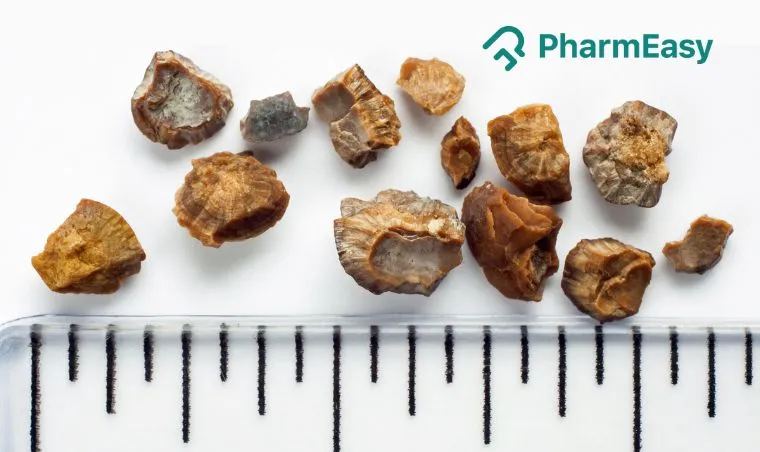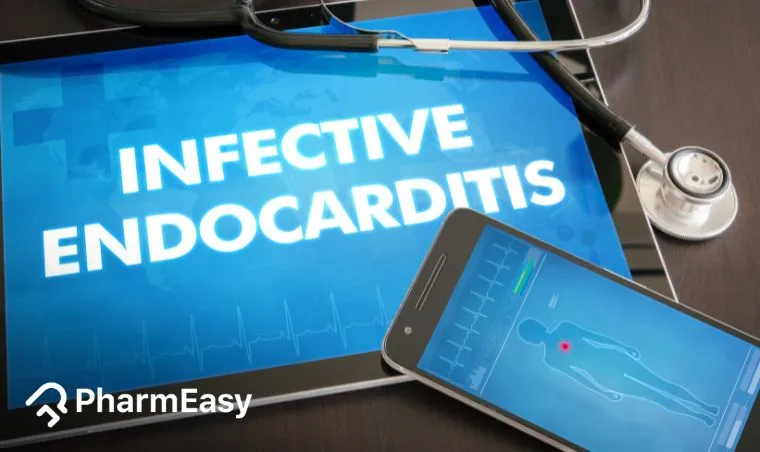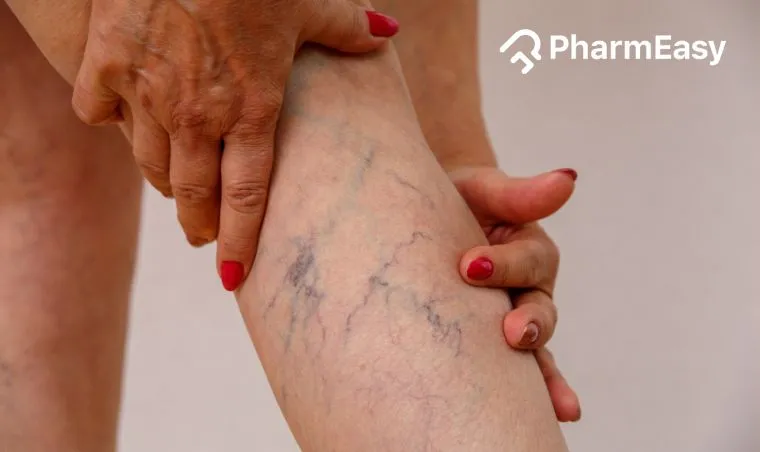Infimab 100mg Dry Vial Of 1 Powder For Injection
Description
Infimab Injection is used to treat inflammatory disorders such as rheumatoid arthritis, psoriatic arthritis, ankylosing spondylitis, psoriasis, ulcerative colitis, and Crohn’s disease. It works by inhibiting TNF alpha, which lowers inflammation in the body. The injection is administered slowly via an IV under the supervision of a doctor, who will monitor you during the procedure. Depending on your health, your doctor will determine the appropriate dose and frequency. Sticking to the regimen your doctor provides and not missing any shots is critical for keeping your symptoms under control.
Product Summary
| Offer Price | ₹31550.00 |
| You Save | ₹450.00 (1% on MRP) |
| Contains | Infliximab(100.0 Mg) |
| Uses | Inflammatory conditions of the joints (rheumatoid arthritis, psoriatic arthritis, ankylosing spondylitis), skin (plaque psoriasis), and bowel (ulcerative colitis, Crohn’s disease) |
| Side effects | Stomach pain, feeling sick Viral infections such as herpes or flu Upper respiratory infections such as sinusitis Headache |
| Therapy | DRUGS FOR RHEUMATOID ARTHRITIS |
Uses
Contraindications
- If you are allergic to infliximab or any other ingredients in Infimab.
- If you are allergic (hypersensitive) to proteins that come from mice.
- If you have tuberculosis (TB) or another serious infection, such as pneumonia or sepsis.
- If you have moderate or severe heart failure.
Side effects
- Stomach pain, feeling sick
- Viral infections such as herpes or flu
- Upper respiratory infections such as sinusitis
- Headache
Precautions and Warnings
Pregnancy
Breast Feeding
Driving
Alcohol
Other General Warnings
- You are having Infimab treatment again after a break of more than 16 weeks, which increases the risk of allergic reactions.
- You have an infection, even a minor one, or have ever lived in or travelled to areas where fungal infections (like histoplasmosis, coccidioidomycosis, or blastomycosis) are common. Let your doctor know, as Infimab may increase your risk of serious infections....
- You have a higher risk of infections if you are 65 or older. Monitor for signs of infection, such as fever, cough, or flu-like symptoms, and tell your doctor immediately if they occur during treatment....
- You have had or been in close contact with someone who had tuberculosis (TB).
- You are a carrier of hepatitis B or have had it in the past.
- You have heart problems, even mild heart failure, and notice any worsening symptoms like shortness of breath or swollen feet during treatment.
- You have or have had cancer, especially lymphoma. Patients with severe rheumatoid arthritis, children, and adults taking Infimab may have an increased risk of developing cancers, including a rare type called hepatosplenic T-cell lymphoma....
- You are a heavy smoker or have lung disease (COPD), which may increase your risk of developing cancer during treatment with Infimab.
- You have a nervous system problem, such as multiple sclerosis, Guillain-Barré syndrome, or optic neuritis. Report any new nerve-related symptoms like vision changes, numbness, or weakness in the limbs....
- You have abnormal skin openings (fistulae).
- You have recently received or are due to receive vaccinations, especially live vaccines. You should avoid live vaccines during this treatment.
- You have recently received or are scheduled to receive treatment with a therapeutic infectious agent, such as BCG therapy for cancer.
- You have planned any surgeries or dental procedures.
- You are experiencing symptoms of liver problems, such as yellowing of the skin or eyes, dark-coloured urine, or pain in the upper right side of your abdomen during treatment with Infimab.
- You are developing symptoms of low blood counts, like persistent fever, easy bruising, or looking pale. Let your doctor know immediately.
- You are developing symptoms of lupus, such as joint pain or a rash that is sensitive to the sun, during Infimab treatment.
- You are giving Infimab to your child, ensure they receive recommended vaccines before starting treatment, and avoid live vaccines during Infimab use.
Directions for Use
Mode of Action
How Does It Work?
Interactions
Interactions with other medicines
- Please inform your doctor if you are currently using or have recently used any other medications, including those for Crohn’s disease, ulcerative colitis, rheumatoid arthritis, ankylosing spondylitis, psoriatic arthritis, or psoriasis, as well as over-the-counter medications, vitamins, and herbal supplements. ...
- Specifically, let your doctor know if you are taking any medicines that affect your immune system, Kineret (anakinra), or Orencia (abatacept), as these should not be used together with Infimab Injection. ...
- It is important to avoid live vaccines while using Infimab Injection.
Content Details
Dr. Nikita Toshi
BDS (Bachelor of Dental Surgery), WHO FIDES member
Dr. Ritu Budania
MBBS, MD (Pharmacology)
Did you find this medicine information helpful?
Please rate your experience






















